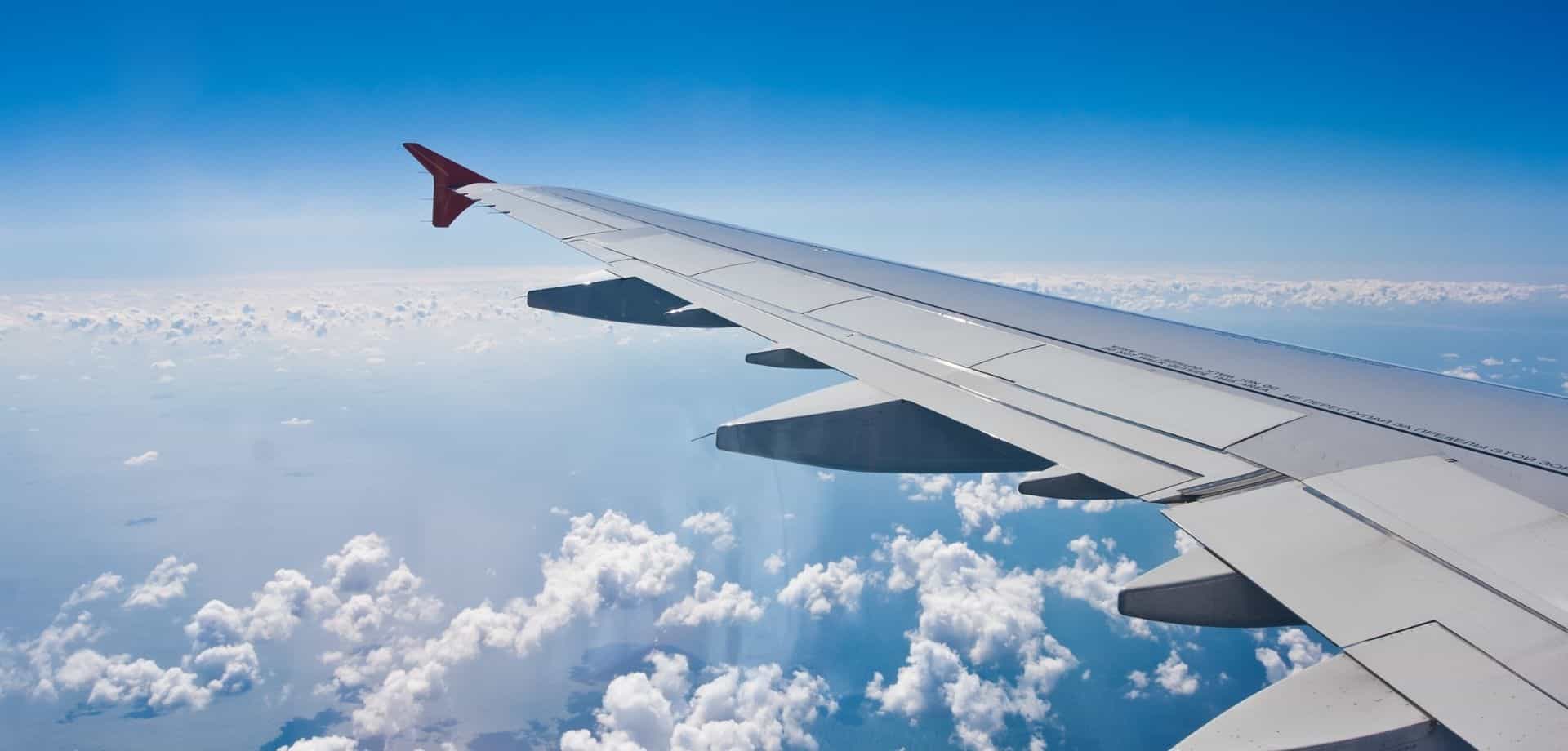Sri Lanka was recently voted as the number one country to visit in 2019 by Lonely Planet. Our travel nurse Lucy spent two weeks exploring this award-winning country and here, she shares her top tips for a healthy trip.
January is an ideal time to visit Sri Lanka thanks to warm temperatures and clear skies. From tea tasting to surfing, hiking to whale watching, this ancient spice island has something for everyone.
Safari
If you are a wildlife lover, taking a guided jeep tour into one of Sri Lanka’s National parks is a must! Amongst the most popular are Yala and Udawalawe, where you are guaranteed to spot elephants by the dozen and if you’re fortunate a leopard. Prepare to wake up early and pack your mosquito repellent – most jeeps leave at dawn for the best chance of sightings, but mosquitos are also the most active during this time.
Although Sri Lanka is currently a Zika free zone, making it a popular choice for honeymooners, it is important to remember that mosquitos transmit other diseases such as Dengue and Chikungunya. Good bite protection is therefore essential and should include a mosquito repellent containing 50% Deet, as well as wearing long and loose clothing – also good for keeping the sun off your skin! Protect yourself from mosquitos with our Ultimate Bug Kit.
Train Rides
With new and improved services throughout the country, train travel is a highlight of any Sri Lankan trip and widely considered as some of the most scenic in the world. The most famous stretch is between Ella and Kandy; a journey that will last around 7 hours and takes you through lush jungle, tea plantations and waterfalls. Remember your antibacterial hand sanitiser though, because, as convenient as the onboard toilet is on a long journey, hand washing facilities aren’t always of a good standard. Perhaps pack some tissue as well!
Curries
Sri Lankan food is delicious and an essential part of the culture. As with all travel to tropical destinations, however, caution should be taken when trying out the local delicacies because contaminated food can cause travellers’ diarrhoea. So, before you sample the famous string hoppers and sambal, here are some simple food and water precautions to avoid an upset stomach:
- Make sure your food is served piping hot. Be cautious of food that has been sitting at room temperatures such as buffet and street food.
- Only drink bottled water, with an intact seal. This applies to the water you use to brush your teeth and the ice in your drinks.
- Avoid salads and uncooked vegetables that may have been washed in contaminated water.
- Always peel your fruit. If you can’t – don’t eat it.
- Ensure dairy products are pasteurised – many harmful organisms are transmitted through unpasteurised dairy.
It is worth investing in a gastro medical kit which contains all the necessary medicines should you get sick at any point during your travels.
Travellers’ diarrhoea is a common complaint in the returning traveller here at Fleet Street Clinic. If you are still experiencing stomach troubles on your return, our GP’s can run same day PCR testing to find the cause and most appropriate treatment.
If you would like aa travel appointment, you can book online.
By Lucy Mildren | Travel Nurse | January 2019



